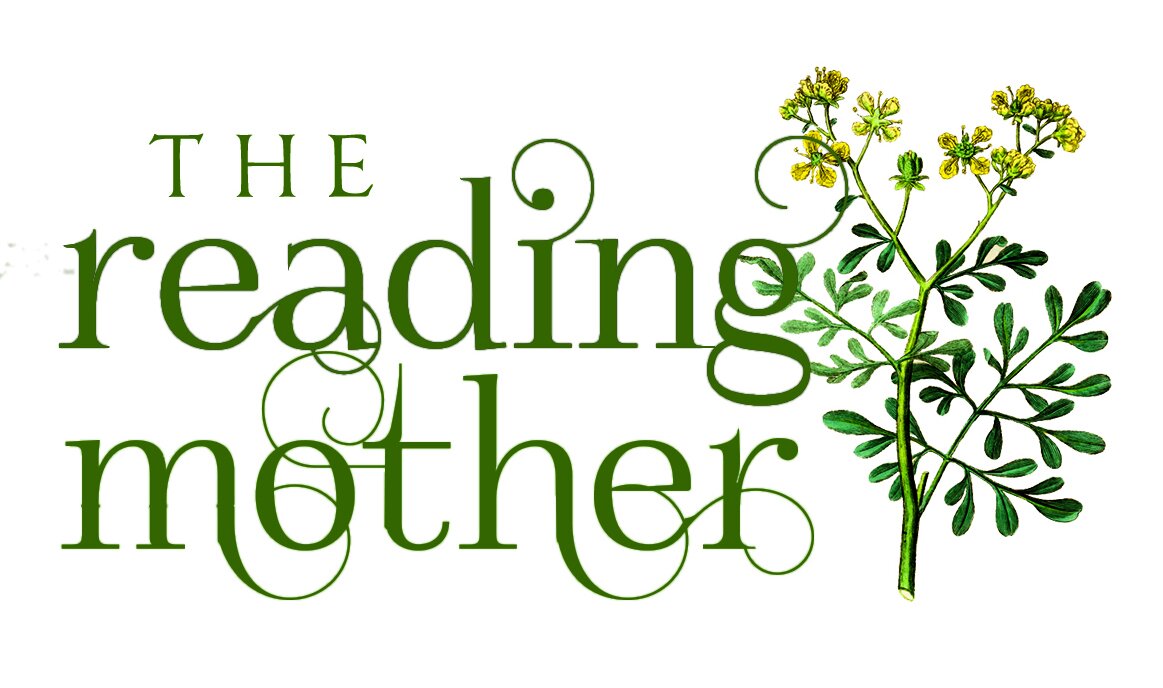Are Charlotte Mason and Classical Education Incompatible?
Recently, there was a long thread on the a facebook group in my feed with folks on both sides weighing in on one of the eternal questions among home educators—Is Charlotte Mason classical? Here's a vintage post from Cindy Rollins on the matter.
From that day to this I have never wavered in my conviction that Charlotte Mason’s ideals were, in fact, the same ideas buried deeply in the principles of a truly classical education. Andrew Kern’ s definition of classical education: "Classical education is the cultivation of wisdom and virtue by nourishing the soul on truth, goodness, and beauty by means of the seven liberal arts and the four sciences,” can be found perfectly, practically implemented in Charlotte Mason’s own PUO schools and the homes of many families following her ideas today. Books such as Poetic Knowledge by James Taylor, Tending the Heart of Virtue by Vigen Guroian, Leisure: The Basis of Culture by Josef Pieper, and others popular among classical educators, all say essentially what Charlotte said so long ago. First Paidea Prize winner, and author of Norms and Nobility, David Hicks, freely acknowledges his debt to Charlotte Mason. Read the entire article at Circe.


I couldn't agree more! If you want to explore this further, Karen Glass explores Charlotte Mason as a classical educator in her inspiring book Consider This—one of our Mother Culture Community reads from our early days. Karen says:
Amongst both school and home educators, Charlotte Mason’s methods and Classical Education have long been considered two different things. In fact, they should not be. Charlotte Mason deliberately looked back to classical educators such as Plato, Plutarch, Comenius, and Milton for her inspiration. She drew her ideas from the past and presented them to her contemporaries in a form that was easy to understand and implement. She wasn’t just a marginal Victorian teacher—she was a modern thinker whose ideas about education have their source in the classical past. Because the postmodern world that we live in finds its beginnings in the world she lived in, her message is still pertinent and timely, and needed even more sorely than when she first wrote.

